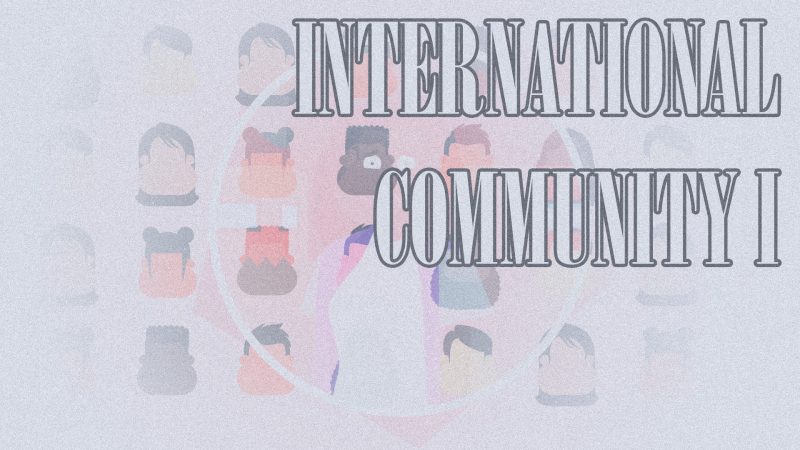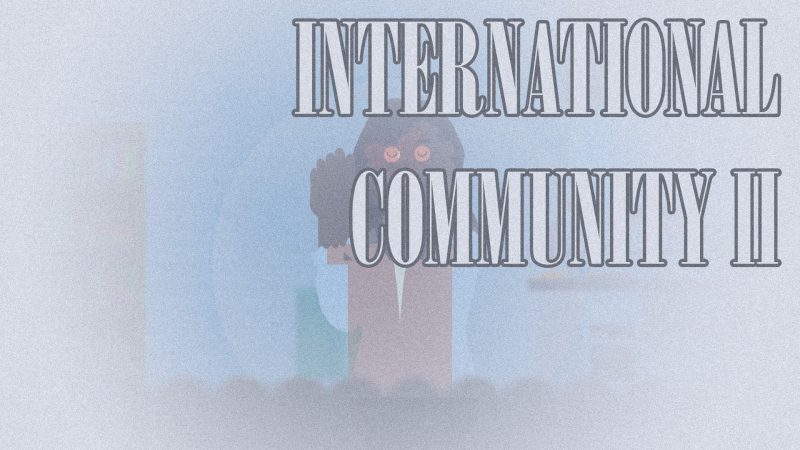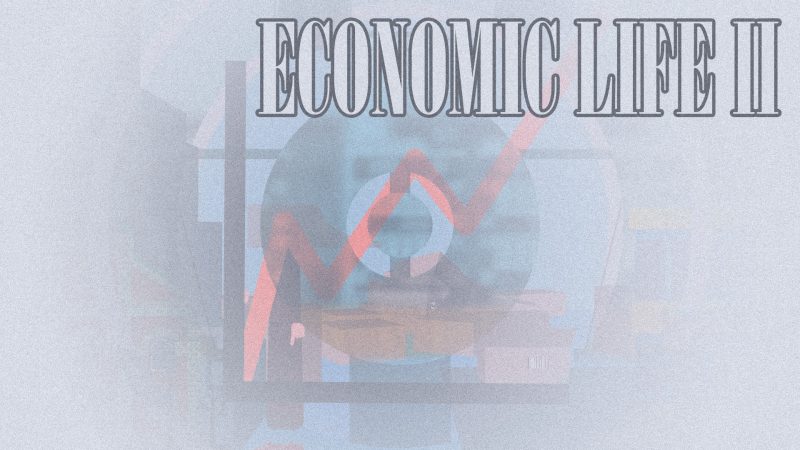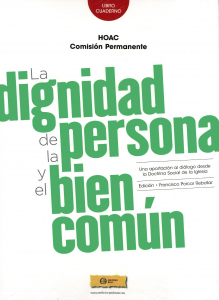Social doctrine addresses us to the responsibility for the care of nature based on the universal destiny of goods and also based on the mutual responsibility we have for the others. The care of the common house is the responsibility human beings have in the creation the same way as the care for their inhabitants. Those are two dimensions of the same reality, articulated in the care of the life.
The social doctrine remembers us that God created a world for life, where the human beings were put not to be whimsical tyrants, as if the world was something to use and throw away. On the contrary, we must take care of it, cultivate it, respect it, make fructify it and humanize it. This way, the world will be a better place to be inhabited by everyone, for this generation and the ones to come.
According to the social doctrine, the ecological problem is, first of all, an anthropological problem. There exists on its roots a serious mistake about the orientation of human life. We cannot talk about ecology if we do not establish some relations of justice between peoples on the earth. What it makes unhealthy relations destroying both justice and nature is the same: the logic for the domain and exploitation which has been imposed inside our social organization model.
The ecological problem cannot be understood if it’s looked outside the problems of justice and interhuman solidarity, especially outside the solidarity with impoverished people.
We have lost on perspective the true meaning of the human’s dignity and we have organized our lives both personally and socially in a way where the others are easily turned into tools used for self-profit, the same way we do with nature.
Because of that, the social doctrine proposes an integral approaching for ecology. The environmental ecology and the social ecology cannot be pulled apart. Even if the ecological consciousness has grown, we are still unable to close this crisis. We don’t have enough culture, especially for the difficulties that the prevailing way of living represents, which is blindly individualistic, productivist and consumerist.
We have to know that the human’s responsibility for the care of nature is an essential task for the whole political community and it isn’t something reduced to the private scope of each individual.
Each and every one of us has the inescapable responsibility for guiding our lives in a respectful way for nature, for it is a good of everyone.
The state has the special responsibility for taking care of the common good. It has to avoid the turning on a business opportunity of something that is, in fact, a community good. Nature cannot be treated according to the market forces.
We need to contribute to the expansion of the caring of the common house and their inhabitants as an essential criterion. We have to promote the responsibility of all for humanization of our world taking care of nature.
DSI sentence
It is the task of the State to provide for the defence and preservation of common goods such as the natural and human environments, which cannot be safeguarded simply by market forces
S. John Paul II, Centesimus annus n. 40
Act
What conscience do we see that exists in our family about the responsibility we have in caring for nature?
What do we think we need to grow or change?
Download the PDF attached
Previous video:
Next video:
You Might also like
-
The international community
The development isn’t just a rightful aspiration but a right for peoples. Because of that, when we look at reality through the eyes of impoverished people we can perceive the urgency on transforming the society model because there exists a great contrast between wealth, the big scientific and technical possibilities and the impoverishment of billions of people.
-
The international community 2
On our world, it coexists the situation of peoples deprived of the very basics for a dignified way of living with other societies where exist an overabundance of all kind of material goods. This situation among others is clashing with the right to development we all have.
-
Economic life 2
In order to achieve an economy with a human face, it is necessary to answer some fundamental questions related to economic life through the perspective of human dignity and the common good. Why should we produce? According to the social doctrine, the goal for the economy is the satisfaction of human needs understood in its big sense: material, cultural and spiritual needs.




